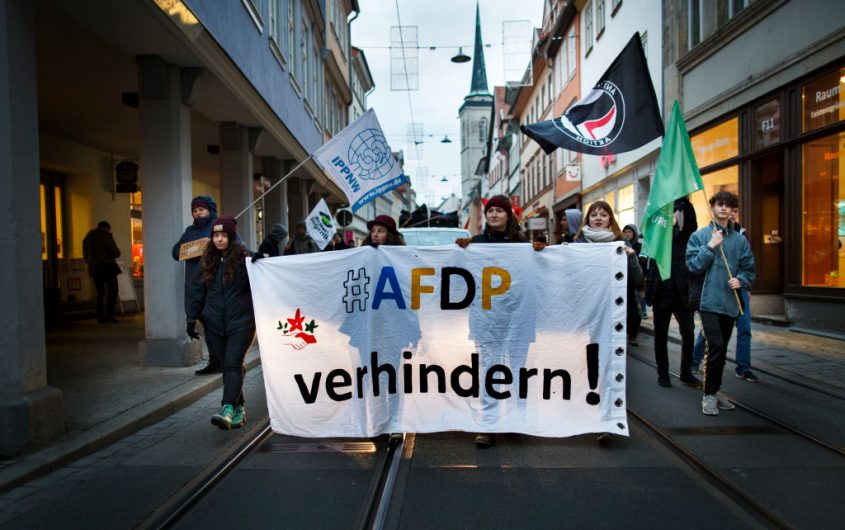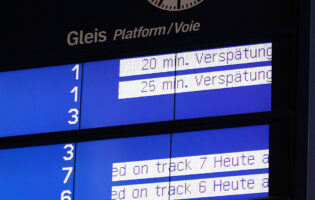
Photo by Carsten Koall/Getty Images
The New German Math

Stephen F. Szabo
Senior Fellow
Dr. Stephen F. Szabo is a Senior Fellow at AICGS, where he focuses on German foreign and security policies and the new German role in Europe and beyond. Until June 1, he was the Executive Director of the Transatlantic Academy, a Washington, DC, based forum for research and dialogue between scholars, policy experts, and authors from both sides of the Atlantic. Prior to joining the German Marshall Fund in 2007, Dr. Szabo was Interim Dean and Associate Dean for Academic Affairs and taught European Studies at The Paul H. Nitze School of Advanced International Studies, Johns Hopkins University. He served as Professor of National Security Affairs at the National War College, National Defense University (1982-1990). He received his PhD in Political Science from Georgetown University and has been a fellow with the Alexander von Humboldt Stiftung, the Woodrow Wilson International Center for Scholars, and the American Academy in Berlin, as well as serving as Research Director at AICGS. In addition to SAIS, he has taught at the Hertie School of Governance, Georgetown University, George Washington University, and the University of Virginia. He has published widely on European and German politics and foreign policies, including. The Successor Generation: International Perspectives of Postwar Europeans, The Diplomacy of German Unification, Parting Ways: The Crisis in the German-American Relationship, and Germany, Russia and the Rise of Geo-Economics.
The chaos in Thuringia is another sign that the German party system is fragmenting, with dangerous consequences both for Germany and for its role in Europe. The new German political math includes a six-party system with two anti-system parties and a shrinking center. It is a result of the partial unification of the country and the alienation of substantial portions of the eastern German electorate. The short-term result will be political instability in Erfurt but the medium-term prospects for Berlin are not much better. The resignation of Thomas Kemmerich (FDP) as minister-president will lead to a prolonged period of instability resulting in a new election. The clear winner is Björn Höcke, the neo-Nazi leader of the Alternative for Germany (AfD) in the state who benefits from the chaos he has instigated. The big losers are the Liberals (FDP) and the Christian Democrats.
In Berlin, the losers are Christian Lindner, the head of the FDP, and his CDU counterpart, the luckless Annegret Kramp-Karrenbauer (AKK). AKK is now in serious trouble both as party chair and as a prospective chancellor candidate. She allowed the situation to get out of control and her party now is smeared with the tag of collaboration with the AfD. This casts a shadow over the prospect of a CDU/CSU-Green coalition at the national level as the Greens will not be able to form a coalition with a party linked to the AfD.
This may all be the beginning of the end of the zombie government in Berlin as the SPD now has another reason to jump ship and run against a clear and present danger to German democracy. Whatever the outcome, this is very bad news for German democracy and its role as a leader in a battered Europe and a fragmenting West. The government that emerges both in Erfurt and later in Berlin is unlikely to be able to offer strong leadership at a time when it is badly needed. This six-party system is not going away anytime soon.









